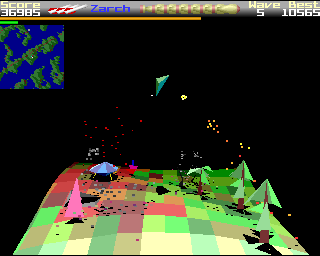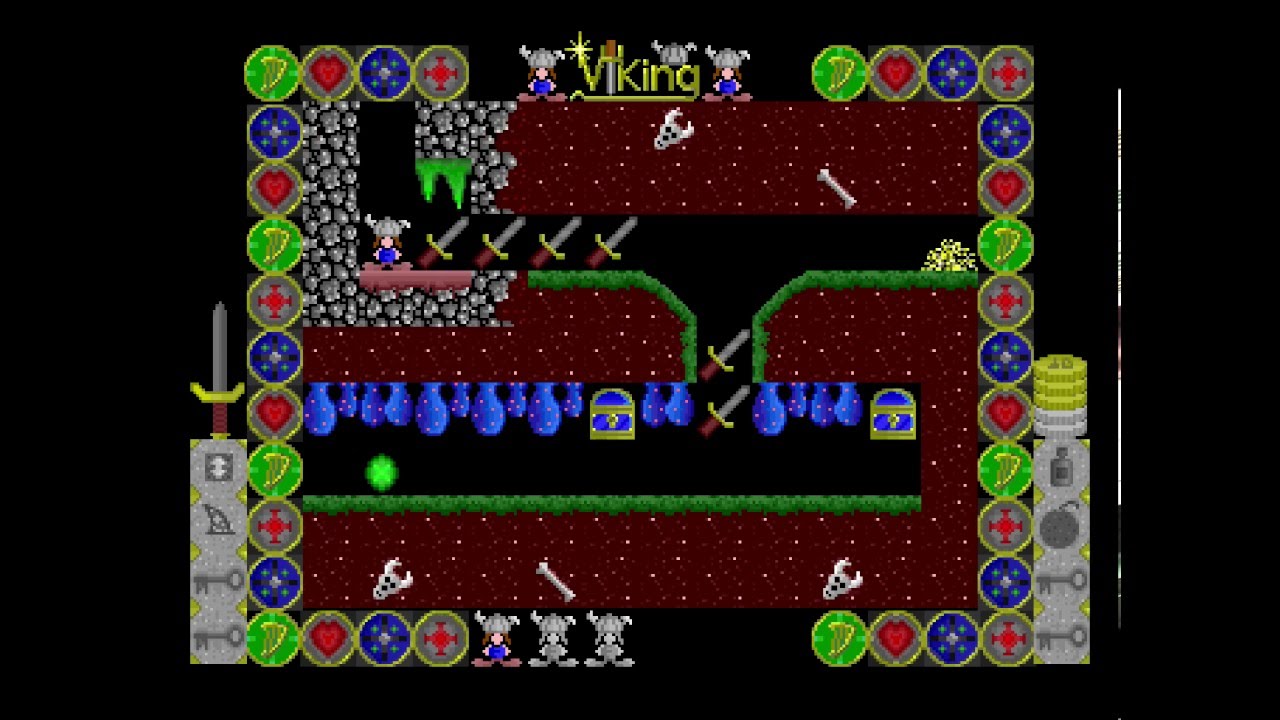Anyone who experienced the UK education system from the mid '80s to the mid '90s would no doubt have experienced Acorn computers (BBC and later Archimedes). At the time, these computers were almost the pinnacle of 'un-cool' for someone my age (wrt to computing), and aside from some WYSIWYG desktop publishing (which was quite advanced at the time) and some educational games (predominantly BBC era games, later still run on the Archimedes), I don't remember being used for much else (it did have some nice versions of some games, but limited library and mostly ports from other systems at the time).
I only knew of a single person who had an A3020 at home, pretty much everybody I knew who had a computer at home had Amigas or C64s predominantly for the huge library of current games and rebellious Pirate/PD Scene that they had.
Home ownership of BBCs and use outside of schools seemed to be very different to that of the Archimedes as a number of people had one at home (relatively speaking), and I remember watching numerous Open University programs in which various establishments would be seen using BBC's in a professional context. However I never once remember seeing an Archimedes used in business or professional context outside of school (and my single friend with one).
It was a good 10 years before hindsight kicked in, and the true power of the Archimedes with its elegant clean RiscOS and silky smooth !lander performance, that was easily taken for granted at the time, was realised. Surely their use would not have been reserved/limited for educational purposes?
Can anyone give me examples of these machines being used outside UK education and give me an idea of how they were used? I can't help but wonder that these machines were extremely powerful at the time and provided unusually decent graphics capabilities (with mouse!) so businesses or certain technical establishments would have found them extremely useful tools, but unlike BBCs, don't ever remember seeing one in an office, factory or lab anywhere?
I appreciate this was about the time that PCs were starting to be favoured as the computer of choice in business, but the Archimedes had been around for a good number of years prior to this and boasted features and UX/UI that PCs only really started gaining in the early to mid '90s (Win 3.x/95) and they were very cheap compared to PCs. Also most young adults going into work around that time would have had computer experience with Archimedes and not PCs so surely familiarity would be important for businesses then?

